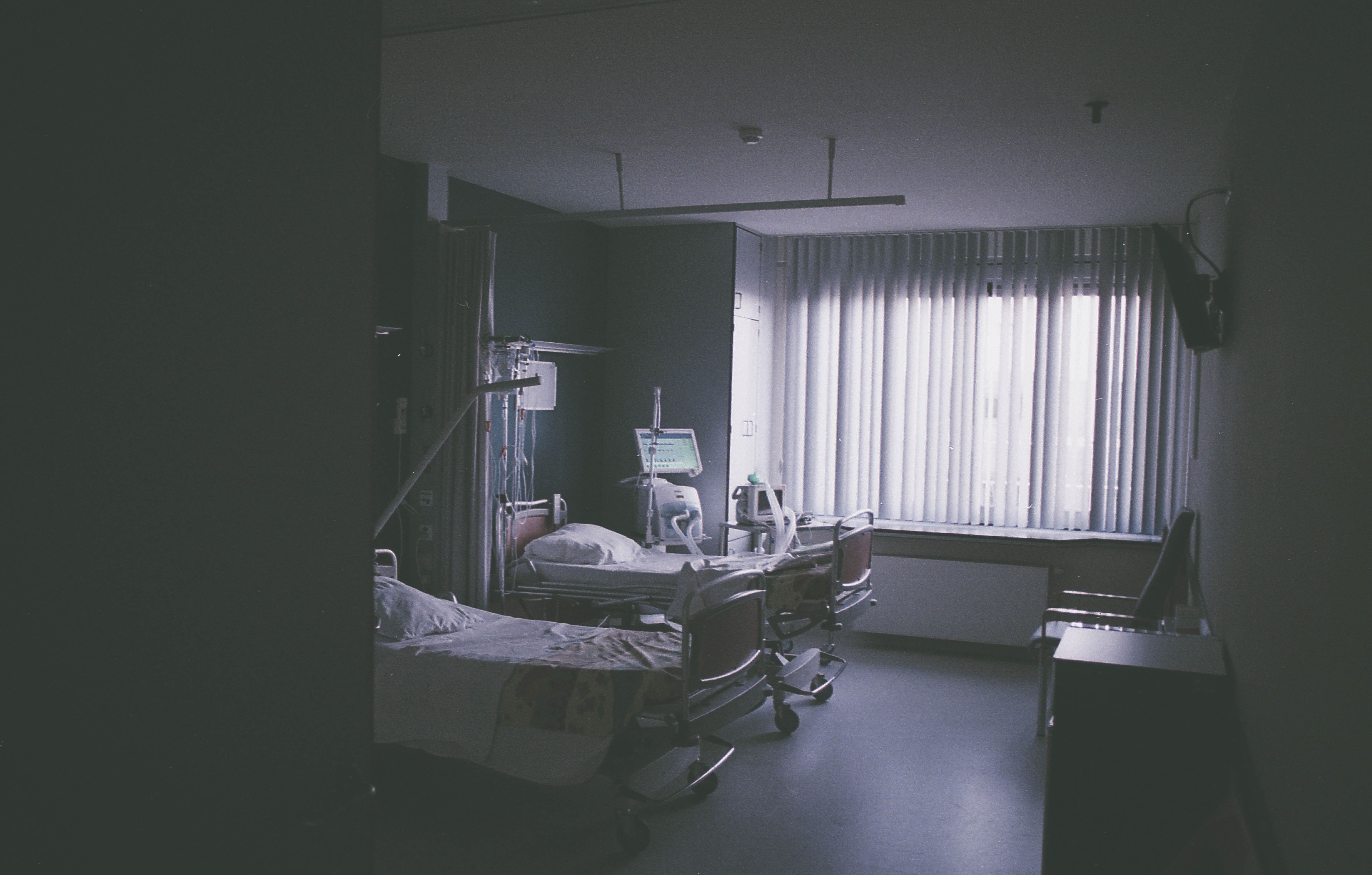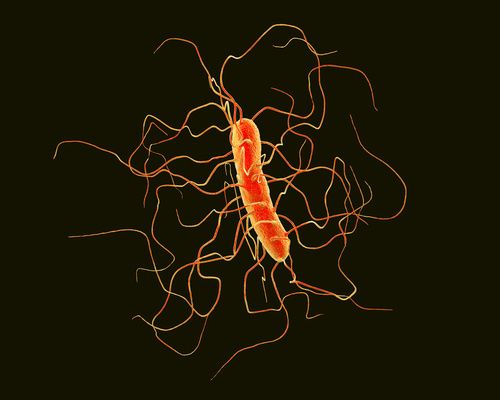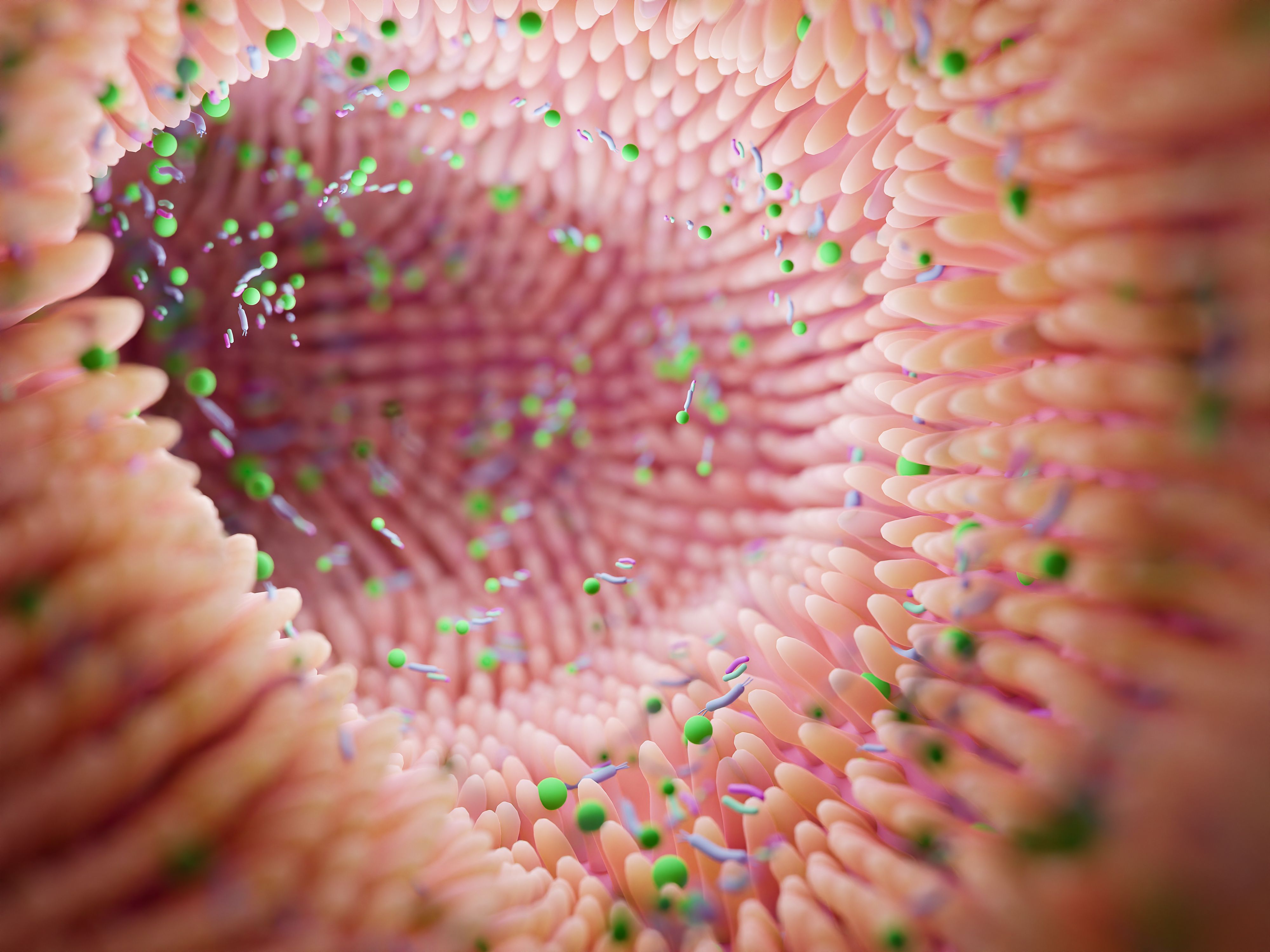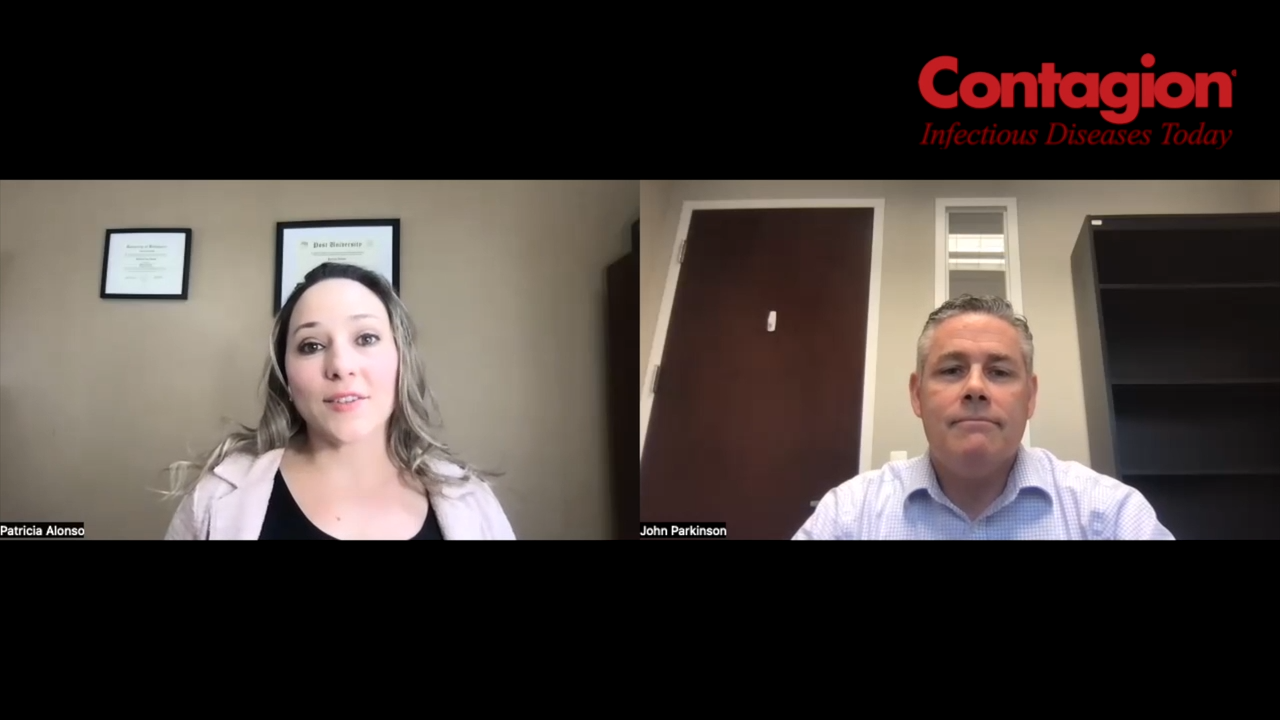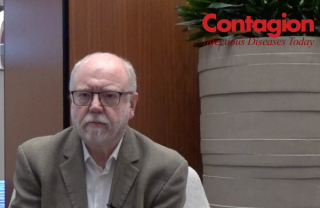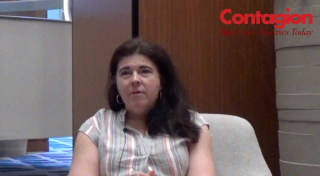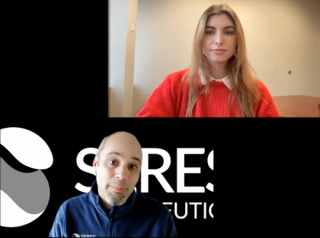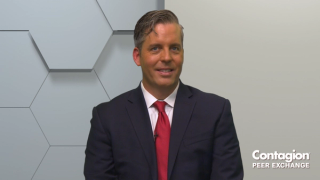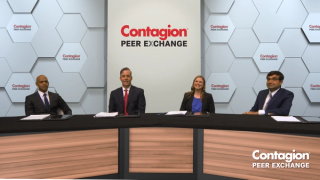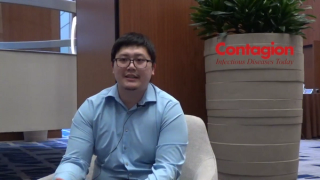
C. Difficile
Latest News
Latest Videos

CME Content
More News
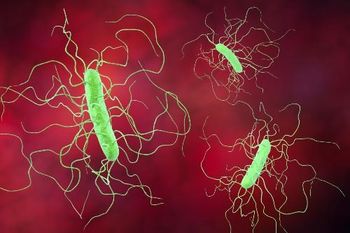
A recent animal study adds urgency to the fight against Clostridioides difficile infection, finding that the bacterium may be driving some colorectal cancers, which have risen among people younger than 50.
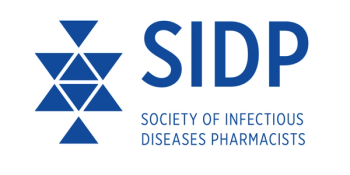
Clinicians look at optimal approaches for trying to avoid Clostridioides difficile infection (CDI).

Although fecal microbiota, live-jslm (Rebyota; RBX2660) is the first fecal microbiota product approved by the FDA, there are other microbiota-based agents in the pipeline.
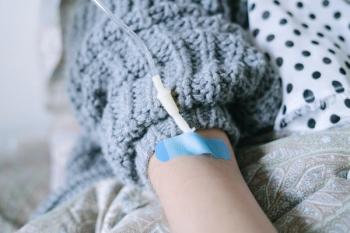
Extended infusion of the antibiotics resulted in fewer patients who died, a shorter length of hospitalization, and lower incidence of C difficile.
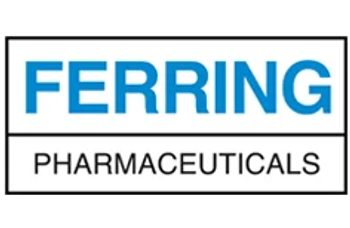
Ferring’s RBX2660 can be utilized by clinicians for patients with recurrent C diff.
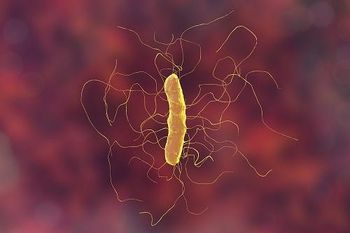
A hospital reviewed both treatments in a real-world clinical setting to determine the effectiveness in preventing early and late recurrences.
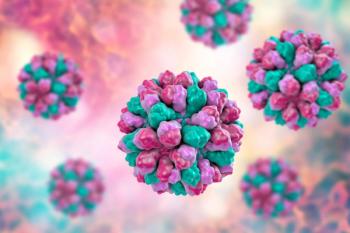
Norovirus infections are spiking this season. These are the signs and symptoms associated with America’s leading cause of foodborne illness.

Implementing rapid near patient testing (NPT) reduced patient isolation time, length of hospital stay, antibiotic usage, and overall cost.

Treating Clostridioides difficile infection is complicated in patients coinfected with COVID-19. However, a new study suggests a significant benefit of fecal microbiota transplant (FMT) in these coinfected patients.

Sky-high costs with little wiggle room to negotiate mean fidaxomicin remains underprescribed for recurrent C diff, despite favorable outcomes.
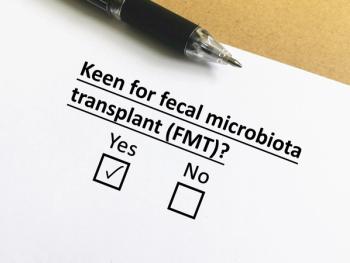
Fecal microbiota transplantation (FMT) is known to be an effective treatment for recurrent Clostridioides difficile infection. New research reveals why.

The therapies for Clostridioides difficile infection (CDI) saw many developments in recent months and there are more exciting things to come.
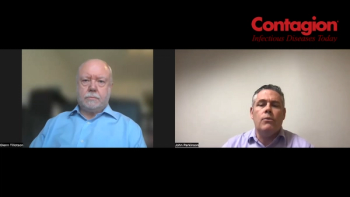
Clostridioides difficile (CDI) and recurrence can create a tremendous burden on patients’ quality of life as well as become a financial burden to individual healthcare systems thus creating downstream costs for individual hospitals.
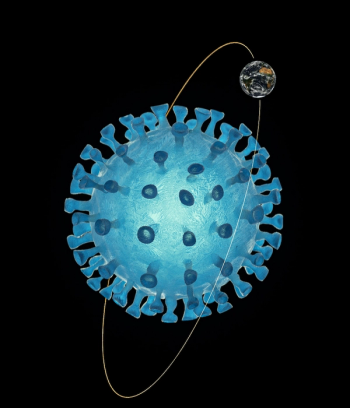
A look back on some of the significant discussions with clinicians, researchers, and infectious disease stakeholders.
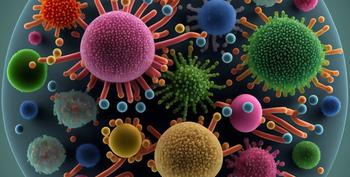
Cefepimetaniborbactam may represent a safe and effective carbapenemsparing agent in cUTI and AP, whereas ridinilazole may play an important role in treating CDI.

It was a week marked by significant FDA decisions and COVID-19 treatment updates.
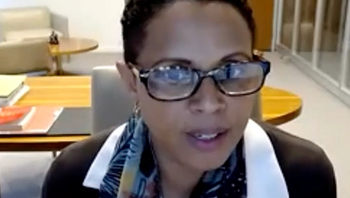
Dr. Elizabeth Garner speculates the FDA approval of RBX2660 for recurrent C difficile infection will pave the way for more restorative microbiome therapies.

Ferring Chief Scientific Officer Dr. Elizabeth Garner explains the FDA approval of recurrent C diff treatment RBX2660 provides more than a treatment option, it’s a promise of safety and standardization.
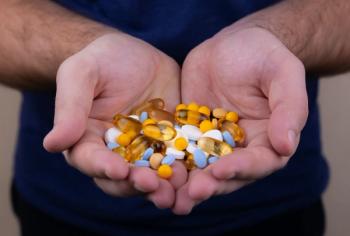
COVID-19 hospital patients were prescribed 21.81% more antibiotics than patients without COVID-19. How did this affect their risk of coinfection?
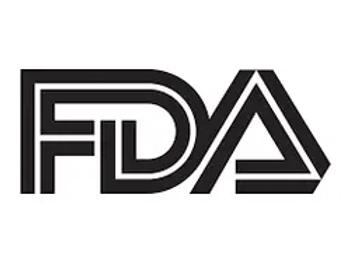
Tonight, the FDA announced that Rebyota (RBX2660) is the first approved fecal microbiota product, intended to prevent recurrent C difficile infection in adults.
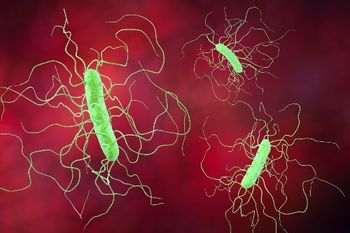
November is C difficile Awareness Month. We're recapping the most significant potential therapies and remaining challenges from the past month.
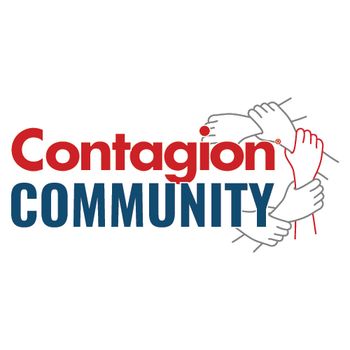
Dr. Teena Chopra discusses the global need to do more to prevent healthcare-associated infections like C difficile in vulnerable patient populations.

The closely watched therapeutic candidate led to long-term responses in 90% of patients who benefited from the therapy.

November is Clostridioides difficile (C diff) awareness month. The Peggy Lillis Foundation hopes to use the month to increase the public’s awareness of the dangers of the infection.

Extending antimicrobial stewardship programs to transition of care and discharge may prove beneficial to reduce unnecessary antibiotic use.


